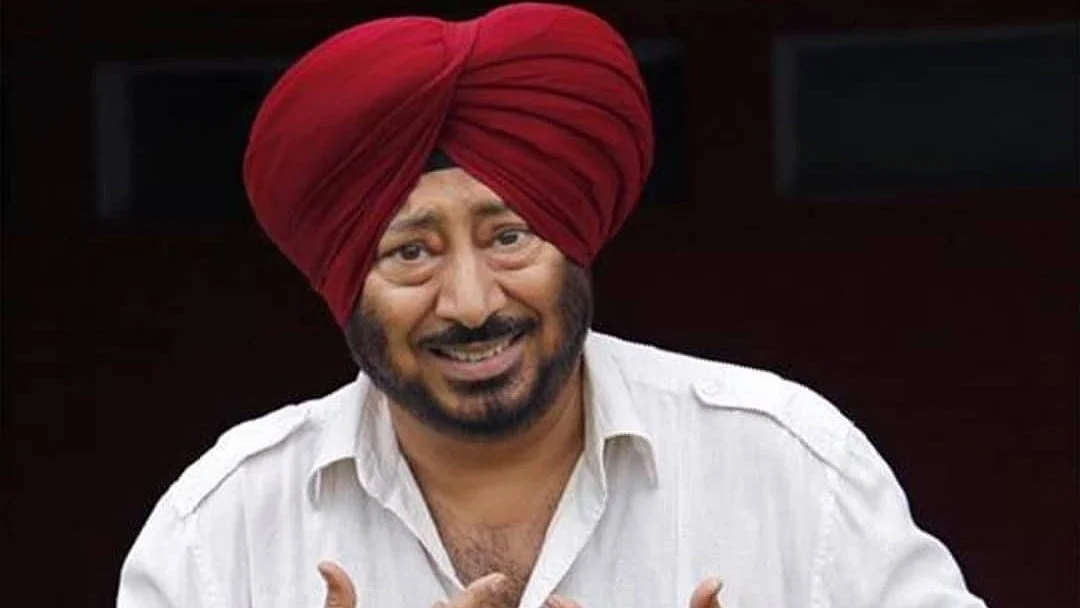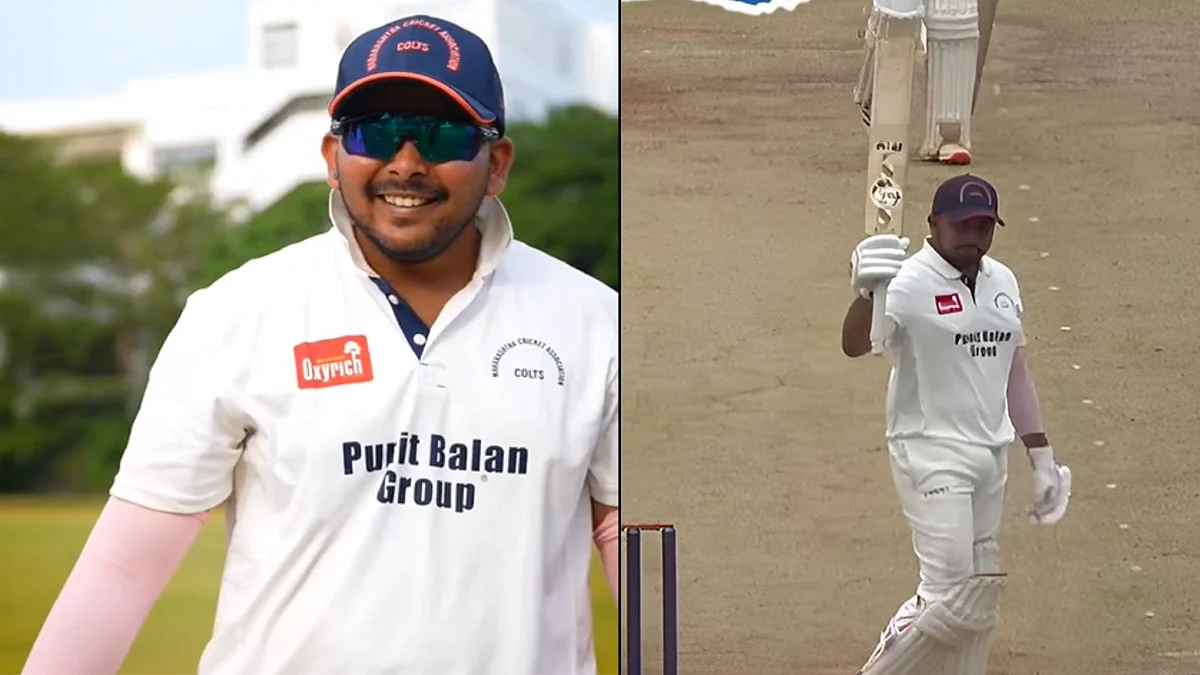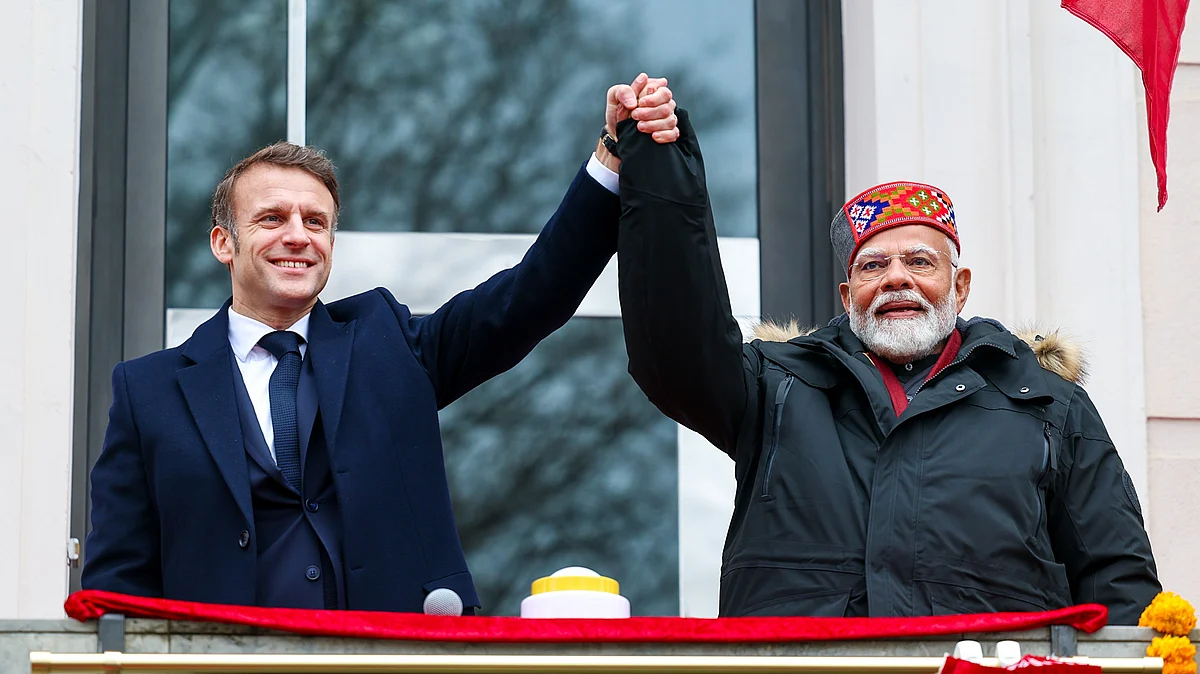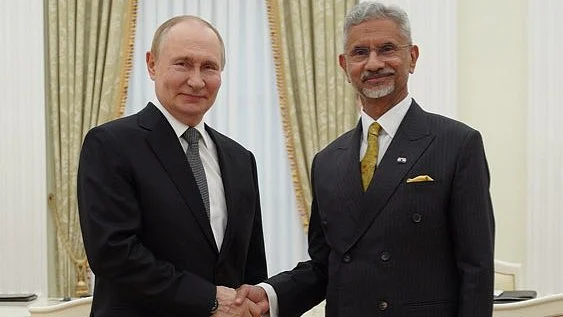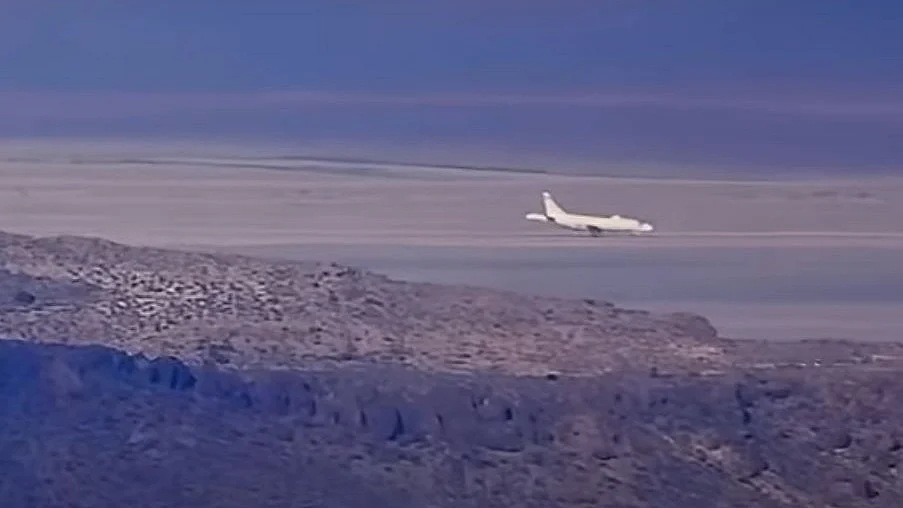The 14th Dalai Lama, an 87-year-old spiritual leader of Tibetan Buddhism, has announced the reincarnation of the third most senior lama and the head of the Gelugpa school of Tibetan Buddhism in Mongolia. This move has significant ramifications in the ongoing battle between the Dalai Lama and the Communist Party of China (CPC) over the power of official reincarnations of high lamas.
The Anointment ceremony
The ceremony anointing the tenth Khalkha Jetsun Dhampa Rinpoche was attended by some 600 Mongolians who traveled to Dharamshala. Although there are unconfirmed reports that an eight-year-old boy born in the US in 2015 was anointed as the tenth Khalkha in a ceremony in Mongolia in February, Tibetan Buddhism experts say that the boy only got legitimacy after he was declared reincarnation on March 8, culmination of the exercise that the 14th Dalai Lama undertook when he visited Ulan Bator in 2016.
Who is the new Mongolian Tibetan Leader?
The new leader belongs to one of the richest business and political empires in Ulan Bator, but the Dalai Lama institution in Dhamashala remains tight-lipped over his real identity as they fear he would be targeted by the Chinese regime.
Mongolia has played a significant role in the Dalai Lama institution. The Mongolian King Altan Khan offered the title of Dalai Lama to the third Gelugpa Lama Sonam Gyatso, who in return conferred the title of "Brahma," the king of religion, on Khan. The fourth Dalai Lama Yonten Gyatso was born in Mongolia in 1589.
The Future of Tibetan Buddhism
The appointment of the tenth Khalkha Rinpoche means that Tibetan Buddhism gets a new lease of life in Mongolia, and it shows that the 14th Dalai Lama has not backed down in his fight against the Chinese Communist regime. That the eight-year-old leader of the head of Buddhist faith in Mongolia was formally anointed in India is also a message for Beijing as the battle for the Tibetan plateau continues, 73 years after Lhasa fell to Chinese communist forces.


